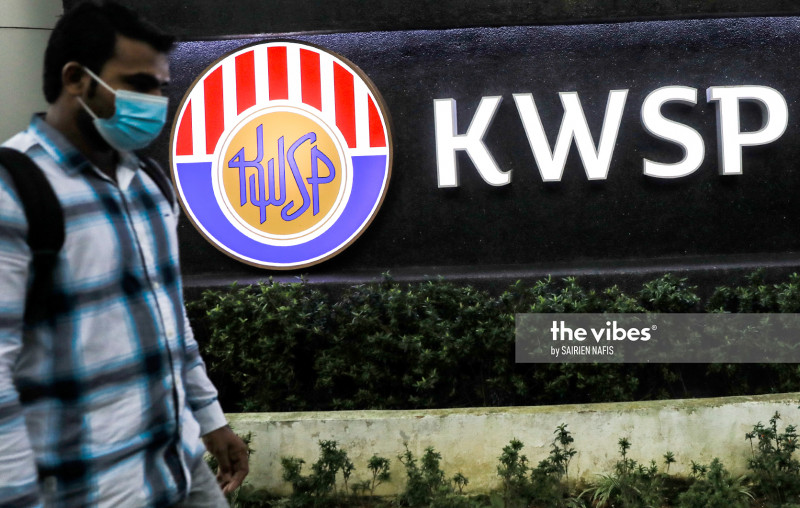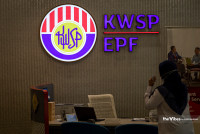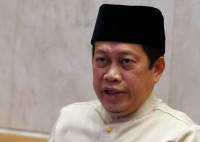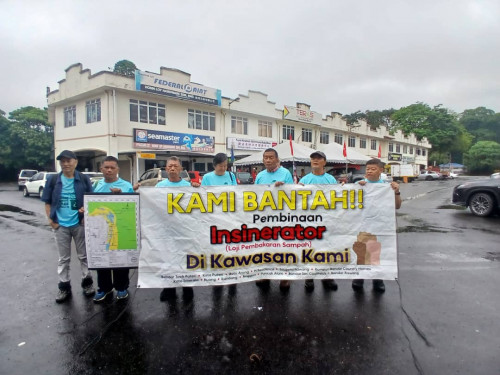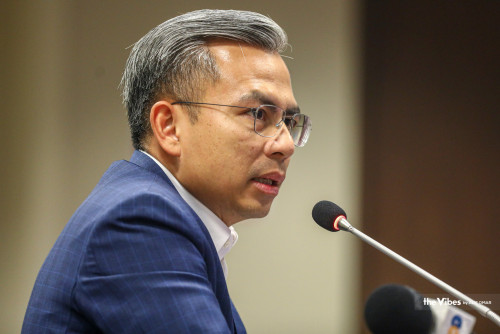KUALA LUMPUR – Budget 2023 needs to be revised and address the “untapped” major issues such as pension fund, universal basic income, unemployment rate, and higher education loans, according to an economist.
Malaysia University of Science and Technology’s Institute of Postgraduate Studies dean Prof Geoffrey Williams said addressing these issues is essential to ensure the country’s sustainability going forward.
Citing a statement by Employees Provident Fund (EPF) chief strategy officer Nurhisham Hussein, he said 96% of Malaysians could not afford to retire on their retirement savings and 73% of its active members do not have adequate funds to retire above the poverty line.
“It is true that the unemployment rate in Malaysia is very low, because people cannot afford not to have a job due to the unavailability of a social safety net,” he said at the Business Foresight Forum 2022 organised by the Securities Industry Development Corporation here today.
To recap, incumbent deputy finance minister I Datuk Mohd Shahar Abdullah in August told Dewan Negara that RM145 billion was withdrawn by EPF members under the i-Sinar, i-Lestari, i-Citra and the special withdrawal facility of RM10,000.
Williams urged the government to focus on reforming its Bantuan Keluarga Malaysia scheme to include a universal basic income programme, with regular monthly payments of RM1,000 for low-income groups via a cash transfer mechanism.
The people should have “full access” to the financial assistance, with funds channelled directly to the targeted recipients’ bank accounts rather than being credited into e-wallet accounts, he said.
“Whenever they spend the money credited in the e-wallet, they will have to pay a certain percentage of the fee (to the e-wallet company).
“Put the money into their bank account and let them take it out in cash, by debit card or by e-wallet as per their choice, with no fee to the e-wallet provider,” he said.
Williams was one of the speakers during a session titled “Malaysia and Global Economic Outlook – Driving Recovery and Sustainable Growth amidst Turbulence”.
Other speakers included Finance Ministry deputy secretary-general (policy) Datuk Johan Mahmood Merican and Juwai IQI chief economist Shan Saeed. – Bernama, October 19, 2022



